Open source artificial intelligence (AI) is renowned for making algorithms and code accessible to the general population, closing a prominent knowledge gap in the modern digital world.
Professionals or newcomers to the tech field can take advantage of these AI platforms to advance their own technical knowledge and join a diverse community of developers and researchers who contribute to societal advancements in substantial ways.
Top open source AI platforms have already led to natural language tools, predictive modeling, speech recognition software and more applications used across industries.
When delving into the topic of open source AI, it’s important to know which tools are available, how to make the most of their capabilities and how to maintain high ethical standards. Review this guide for more on popular platforms and how to leverage them to enhance your professional skills.
What Is Open Source AI?
As the name suggests, open source AI is largely about access. But there is much more to it that drives impact and potential. Anyone who uses these AI platforms — largely available at no cost — is able to freely modify and contribute to the software. With this high level of collaboration, AI communities become places where algorithms can be created to solve problems at a massive scale.
There is a high level of trust and understanding between users when everyone is able to see how open source AI tools work and potential biases and flaws are called out.
Challenges arise, however, when it comes to potential security risks and quality assurance.
Ethical Considerations of Open Source AI
Like any other technology, open source AI has raised important ethical questions that need to be addressed. Some of the key concerns are:
- Bias: Perpetuating misinformation
- Data protection: Protecting users’ personal and identifying information
- Transparency: Explaining how AI models make decisions
- Dual-use: Considering negative uses that could do harm
- Accessibility: Ensuring inclusivity for all individuals, regardless of expertise
- Regulation: Establishing appropriate governance to ensure fair and responsible use
- Security: Preventing unintended consequences and vulnerabilities
15 Top Open Source AI Platforms and Tools
There are many AI platforms and various open source tools at the ready, with more constantly becoming available. Explore these top systems to familiarize yourself with the scene:
Apache SystemML
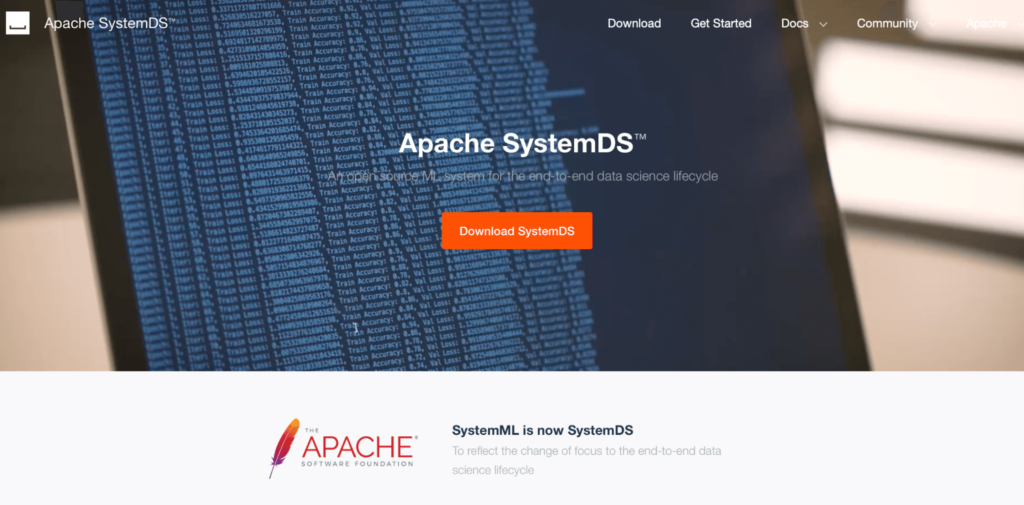

Apache SystemDS is an open-source machine learning platform that aims to provide a flexible, scalable and efficient framework for running large-scale machine learning algorithms.
AWS SageMaker Neo
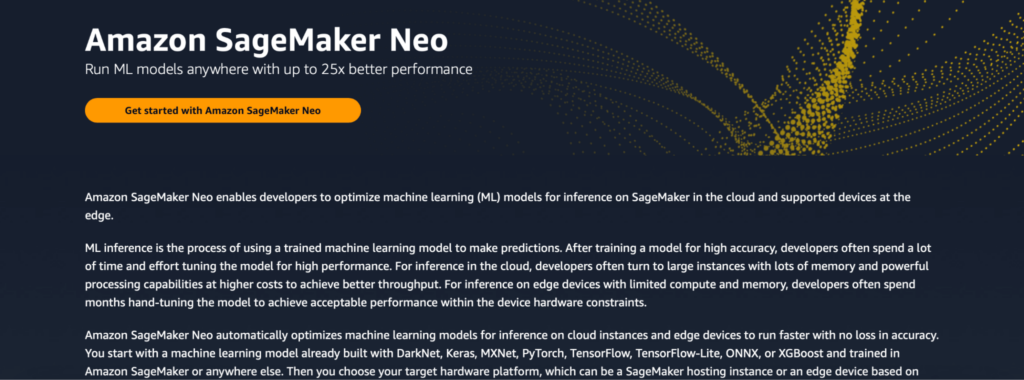

This Amazon-provided platform allows developers to train and deploy machine learning models on remote (cloud) servers.
Cerebras-GPT
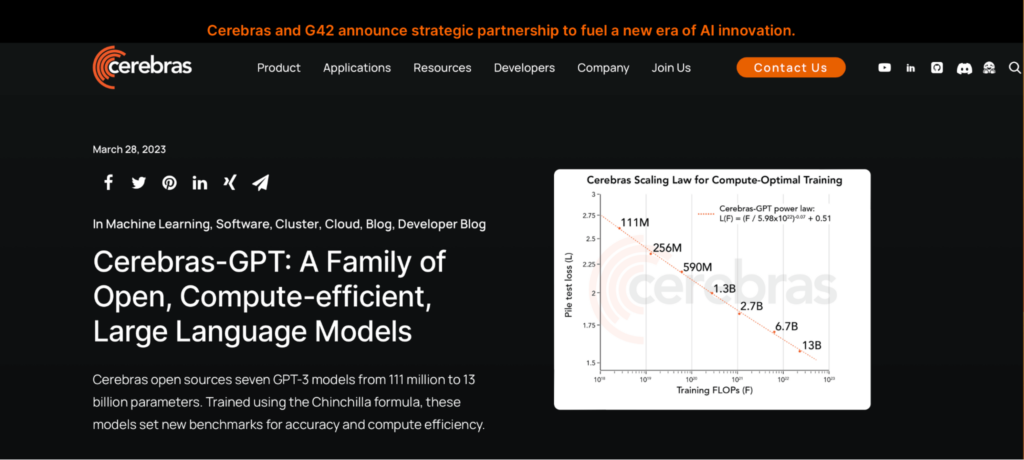

An amalgamation of seven language models to train and support AI models.
Detectron2
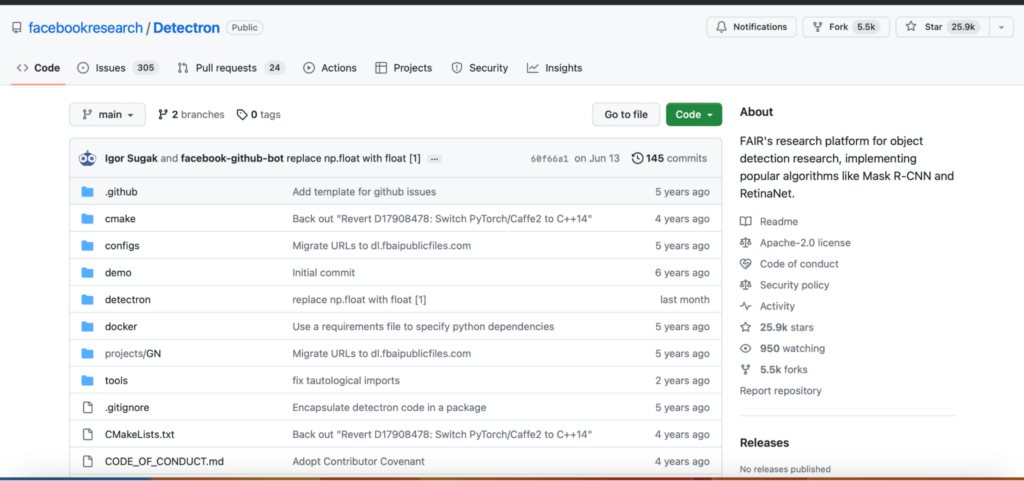

Built by Facebook AI Research (FAIR) to support implementation and evaluation of new computer vision research, Detectron2 is a ground-up rewrite of Detectron.
GitHub
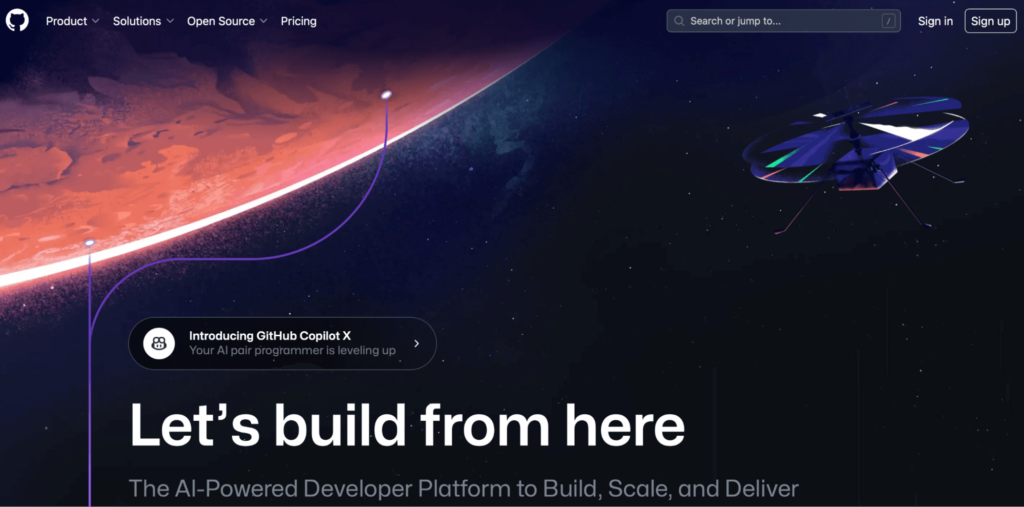

A popular platform for collaborative software development that allows for cloud-based storage and management of code.
Hugging Face
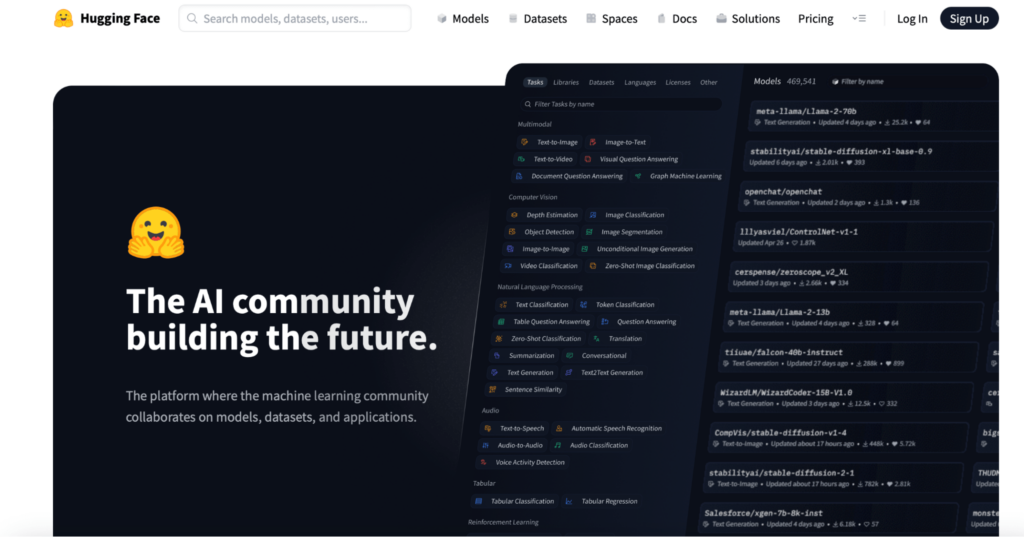

Best known for developing and democratizing natural language processing (NLP) models and tools.
H20.ai
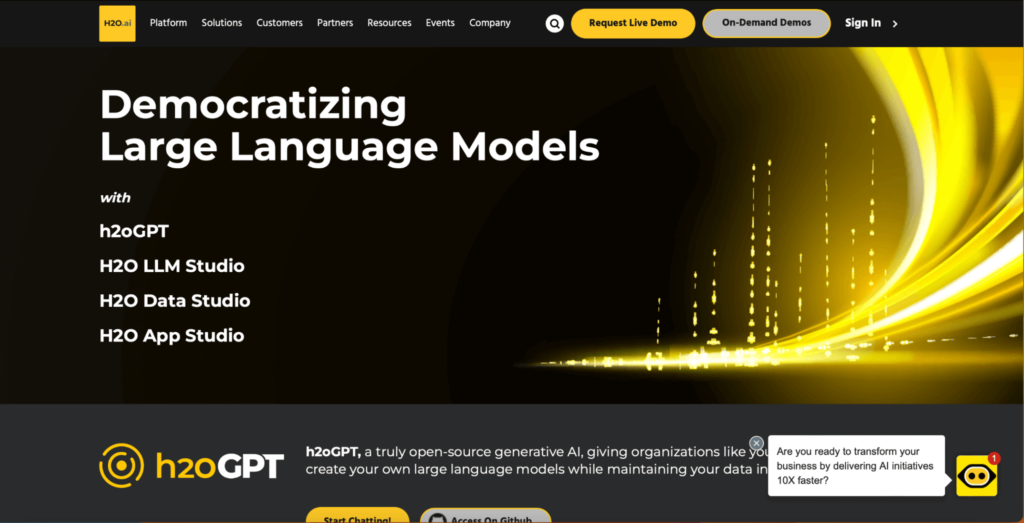

A tool to help businesses and data scientists build and deploy machine learning models for various applications. The primary focus of H2O.ai is to democratize AI and make it more accessible to organizations of all sizes.
Keras
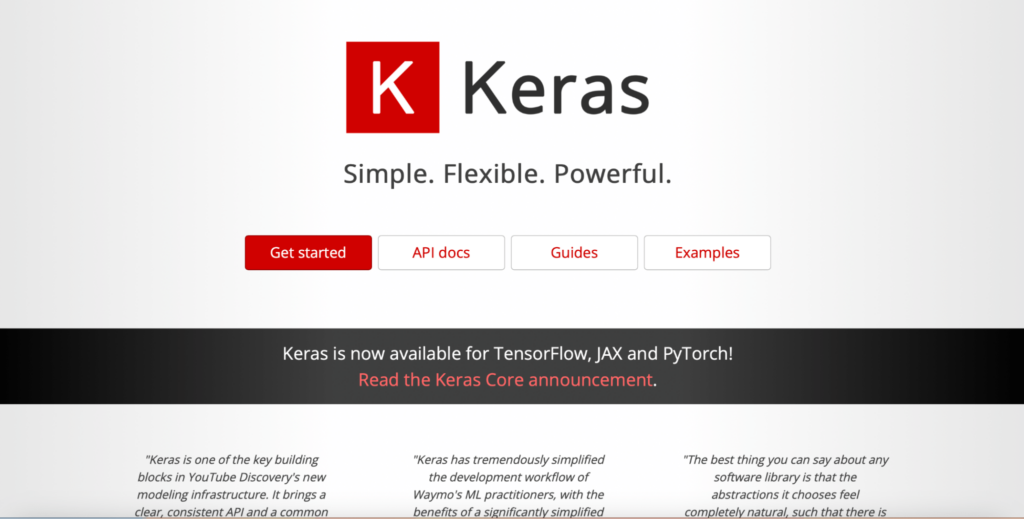

A deep learning library written in Python and designed to provide a user-friendly and intuitive interface for building and training AI networks.
OpenAI
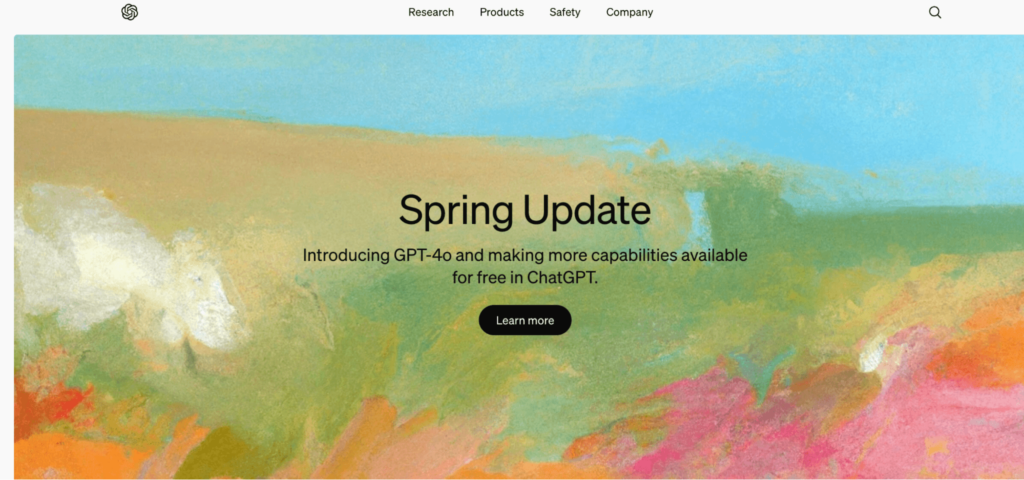

Intended to research and deploy AI to benefit all of humanity, including the widely-discussed natural language processing tool ChatGPT.
OpenCV
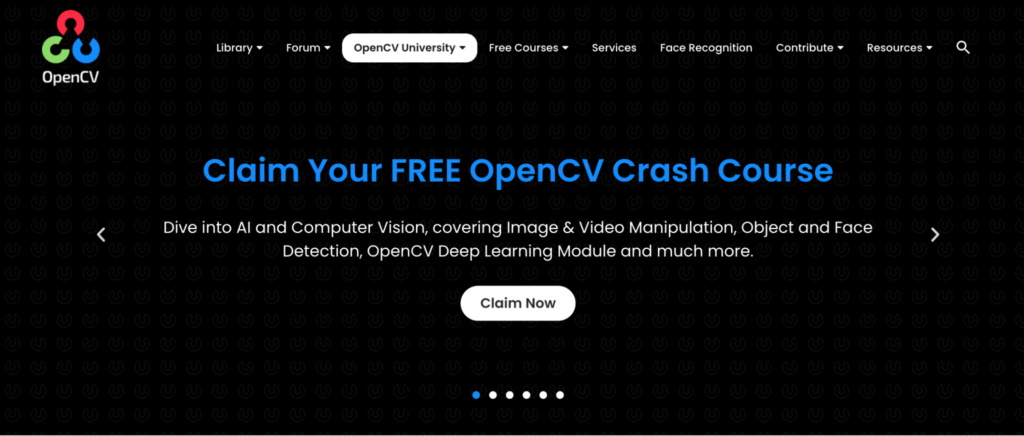

A computer vision and machine learning software library with more than 2,500 algorithms.
PyTorch


A framework for building deep learning models, often in the realm of image recognition and language processing.
Rasa
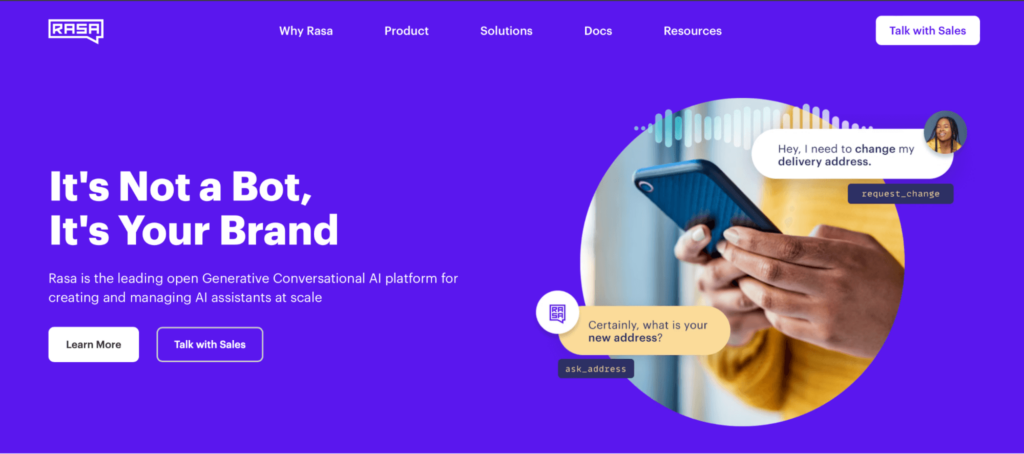

A conversational AI platform for creating and managing assistants.
StableLM
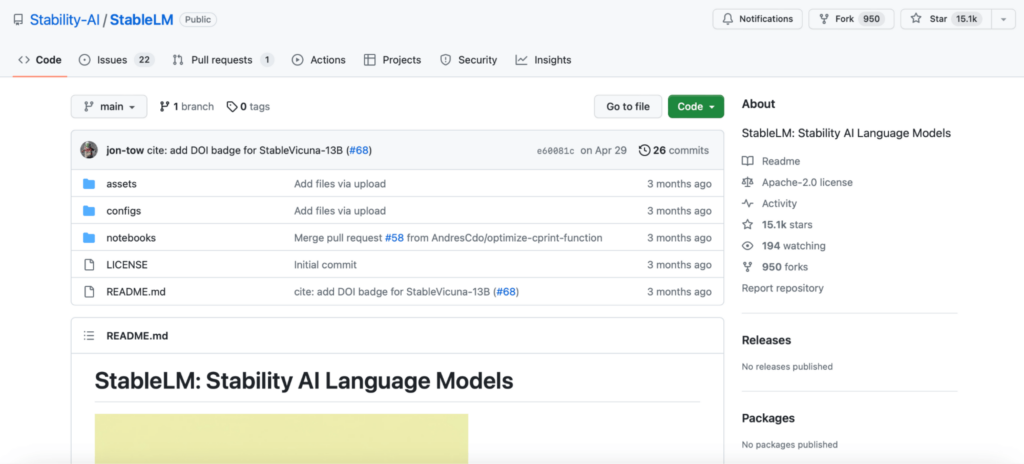

From text generation to coding, StableLM aims to assist users with a series of language models.
TensorFlow
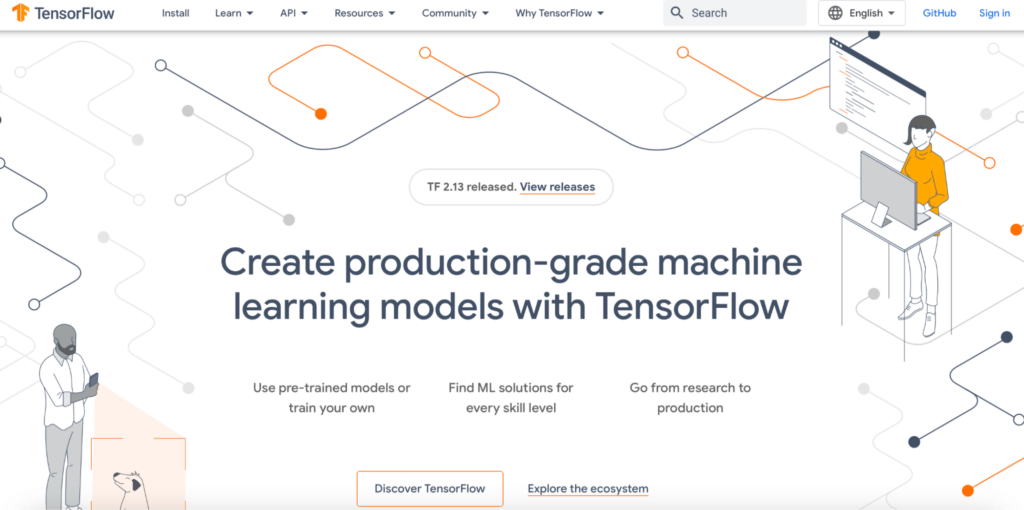

Developed by the Google Brain team, TensorFlow is a library for building and training AI and machine learning models, particularly neural networks.
Tesseract
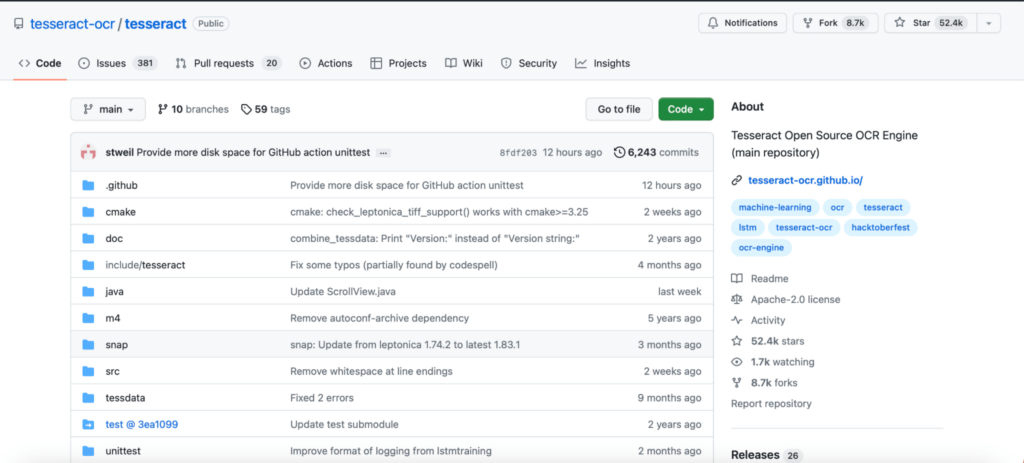

An optical character recognition engine, developed by Google, that uses AI for converting images containing printed or handwritten text into machine-readable text.
Tips for Using Open Source AI Tools and Platforms
Whether or not you have a preferred AI tool or platform, take advantage of online tutorials and courses to familiarize yourself with common language. Start simple and join relevant community forums to ask questions and learn from others who have taken on more or different tasks. In order to get comfortable and build your skills, it’s recommended that you:
- Practice regularly
- Collaborate on projects
- Stay up to date with the latest features and releases
Avoid common pitfalls such as:
- Failing to consider a tool’s compatibility with specific project needs
- Ignoring recurring suggestions from community forums
- Not staying current on system updates and security fixes
Open source AI tools and platforms play a crucial role in making advanced technologies accessible to a broader community of developers and researchers. Because collaboration is engrained in these free, open source AI tools, the results are rapid advancements and cost-effective solutions.
To gain up-to-the-minute knowledge and enhance your skill set, consider the University of San Diego’s Master of Science in Applied Artificial Intelligence program. This 100% online offering is intended to prepare students for the future of the fast-growing field of AI with guidance from experts in the field. To help you through the process of choosing the right program, check out USD’s free eBook, 8 Questions to Ask Before Selecting an Applied AI Master’s program.